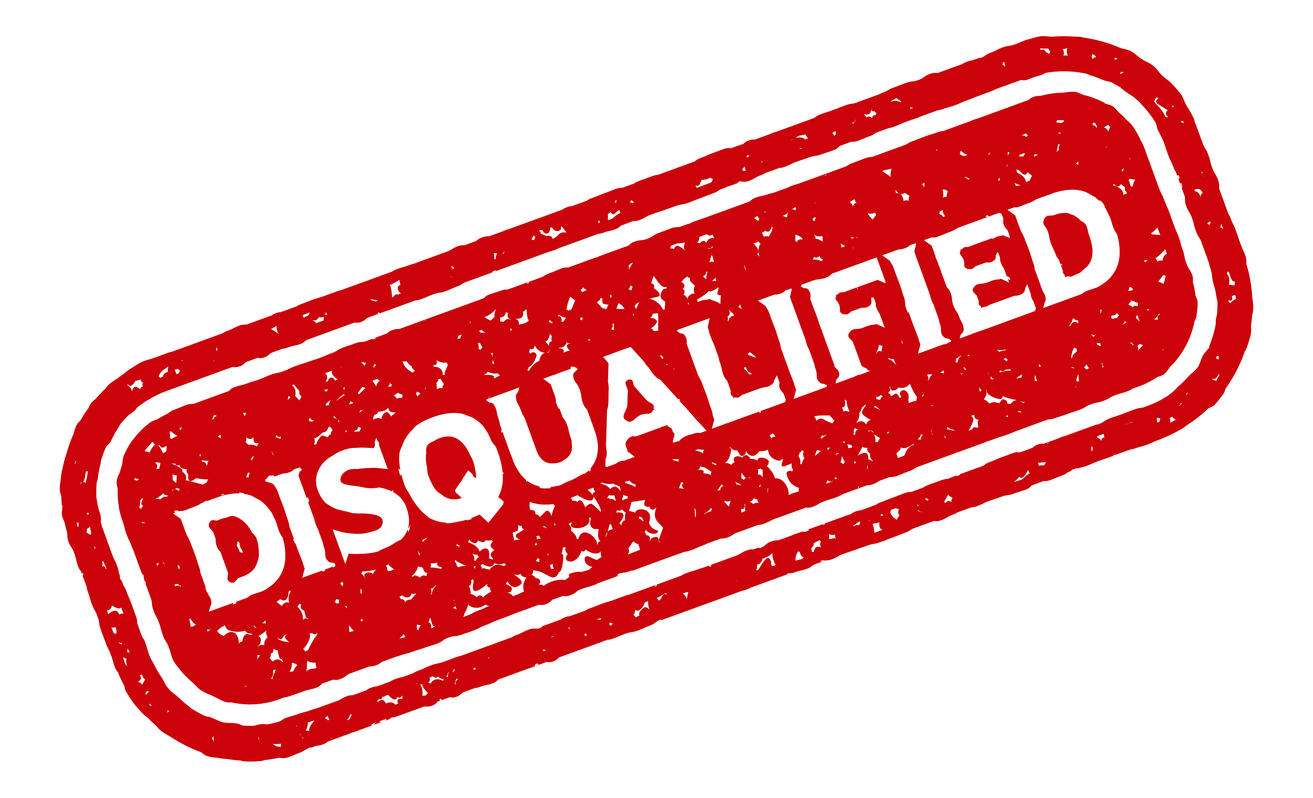The law of comparative causation under property insurance policies is reasonably settled in Texas. If there is a loss as a result of two concurring perils, one insured and one not, the loss is covered only to the extent it can be traced to the covered peril. However, what happens when a peril which is not covered is caused by a peril which is covered? As the Plaintiffs learned in National Fire Ins. Co. of Pittsburgh, PA v. Valero Energy Corp., 777 S.W.2d 501 (Tex.App.—Corpus Christi 1989, writ denied), there is still no coverage unless the terms of the policy allow coverage where an otherwise excluded peril is itself caused by a covered peril.
In National Fire Ins. Co. of Pittsburgh, PA, the insured filed a claim for corrosion damage. Citing to the rust damage exclusion of the insurance policy, the insurer denied coverage. The Court stated that “[w]hen the insurance company denied coverage based on an exclusion in the policy, it becomes the insured’s burden to show that the exclusion does not apply.” The Court continued, “[h]owever, there is coverage when the exclusion is qualified by the terms of the policy to allow recovery where the otherwise excluded peril is itself caused by a covered peril.” In addition to the rust exclusion, the policy included the following, relevant exclusion: “cost of making good faulty workmanship, materials, construction or design, but this exclusion shall not be deemed to exclude physical loss or damage arising as a consequence of faulty workmanship, material, construction, or design . . . .”
Noting that the record contained sufficient evidence to prove that “corrosion was the immediate cause of the damages . . . but [the] corrosion itself was the result of faulty design,” the Court ruled in favor of coverage. “[T]he evidence is uncontroverted that sudden and unexpected corrosion occurred as a result of faulty design, rather than by the gradual natural deterioration causing ordinary rust. Since faulty design is a peril insured against under the policy, the corrosion damage involved here falls within the coverage of the policy.”
As the decision in National Fire Ins. Co. of Pittsburgh, PA shows us, if your insurance company denies coverage for a loss, it does not necessarily follow that there is no coverage under the policy. An insurance company denial of coverage merely shifts the burden to you, the insured, to show that the exclusion on which the denial of coverage was based on does not apply. As I usually recommend in my blog posts, it’s a good idea to review and understand your insurance policy so that you are not wrongfully denied coverage by your insurance company should you ever suffer a loss.
And Happy New Year! I hope 2011 brings health and success to you and your loved ones!



